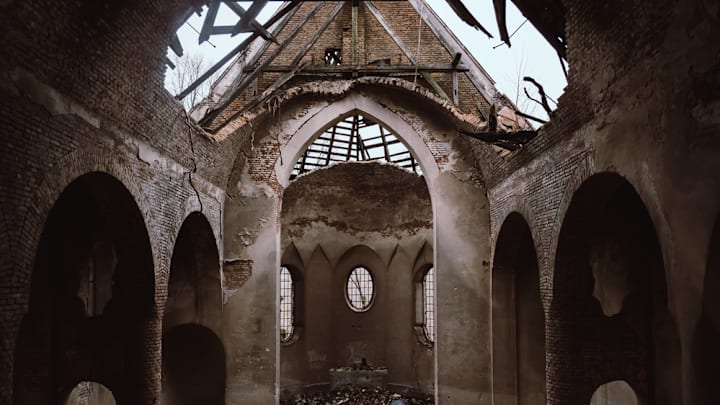Off the Beaten Track: What I Found in a Forgotten Town

I hadn’t meant to end up there. It was a navigation mistake, a wrong turn, the result of ignoring my GPS and following a hand-painted road sign that pointed to a place I’d never heard of. I figured I’d loop back eventually. But instead of rushing back to the route I had planned, I stopped — curious, tired, and pulled by something I couldn’t quite name.
The town wasn’t marked on most maps. It didn’t boast tourist attractions or postcard views. No must-see museum, no scenic overlook. But as I rolled slowly down its main street — flanked by boarded-up shops and weathered brick buildings — I sensed a kind of hush that made me want to stay a little longer.
What I found there wasn’t glamour or grandeur. What I found was something gentler, slower, and unexpectedly human.
Time Moves Differently in Forgotten Places
There’s a rhythm to places the world has passed over. It’s not that time stops — it's that it softens. Things aren’t in a hurry to change. The old hardware store still has faded tools in the window. The diner’s menu looks handwritten. And everyone you pass nods at you like they’ve been waiting all day for someone new to come through.
I walked slowly through the town, absorbing the quiet details — the smell of rain on dust, the chipped paint on benches, the creak of a screen door left ajar. These things would be overlooked in a busier place. But here, they felt like texture. Like memory.
The Stories That Don’t Make Headlines
What I remember most isn’t a landmark or a view. It’s a conversation. I wandered into a bakery that looked more like someone’s living room than a place of business. There were exactly three items on display: bread, pie, and coffee. I ordered one of each.
The woman behind the counter asked me where I was headed. I told her I wasn’t sure. She nodded like that made perfect sense.
We talked for nearly an hour — about her childhood, the factory that closed, the high school football games that once packed the town square. She didn’t speak with nostalgia so much as clarity. This place had changed, but she stayed. Not out of reluctance, but out of love.
Her words weren’t extraordinary, but they stayed with me. Not because they were profound, but because they were real. In that moment, I wasn’t a traveler passing through — I was a person in a place, listening.
The Beauty of the Unremarkable
We often travel looking for the exceptional — the epic view, the photo-worthy moment. But in that town, what stood out most was the lack of spectacle. There was beauty in the ordinary: a clothesline hung between houses, a dog sleeping on a porch, a child drawing chalk suns on the sidewalk.
It reminded me that not every journey needs to be loud. Not every stop needs to be marked on a map. Some places invite you in simply by existing — quietly, steadily, without needing to impress.
Leaving With More Than I Expected
Eventually, I did leave. But not before wandering the length of the town twice, stopping to admire a garden someone had clearly tended with care, waving back at a man painting his fence, and feeling — strangely — as if I’d been part of something, however briefly.
I didn’t buy a souvenir. I didn’t check off a list. But I left with something better: a kind of stillness I hadn’t realized I was craving. A reminder that travel doesn’t always have to be about discovery — sometimes, it’s about noticing.
The Takeaway: Wonder Lives Where You Let It
I’ve since gone on other trips, seen bigger sights, and taken better photos. But that forgotten town stays with me. Not because of what it offered, but because of what it asked: slow down. Look closer. Let the unexpected find you.
You don’t always need a destination to have an experience. Sometimes, the best stories unfold in the spaces we weren’t planning to enter. Sometimes, wonder lives where no one’s looking — just waiting to be seen.